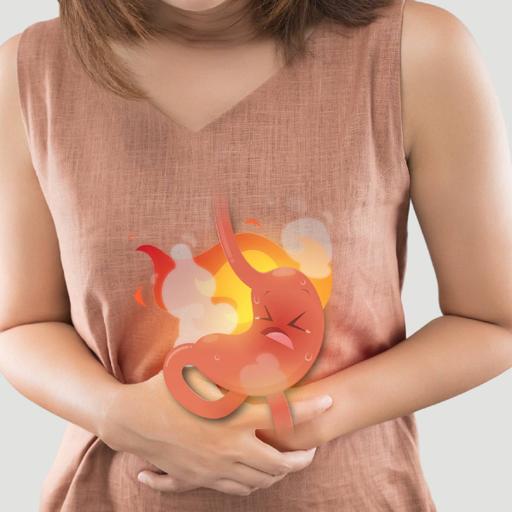Peptic Ulcer Disease
Presentations | English
Peptic ulcer disease is a disorder that causes painful sores or ulcers to form in the stomach lining or the first section of the small intestine (the duodenum). A thick coating of mucus normally shields the stomach lining from the effects of the digestive fluids. However, a variety of factors can weaken this protective barrier, allowing stomach acid to harm the tissue. People used to believe that ulcers might be caused by stress or particular meals. However, experts have discovered no evidence to back up those beliefs. The stomach is frequently infected with H. pylori. Approximately half of the world's population is infected with H. pylori, frequently with no symptoms. The use of NSAIDs, a class of pain relievers, is another important cause of peptic ulcer disease. NSAIDS might cause the mucus layer in the digestive system to wear away. Coffee and spicy meals are commonly thought to induce ulcers. You may have heard that patients with ulcers should consume a bland diet. But we now know that if you have an ulcer, you may eat any foods you want as long as they don't aggravate your symptoms.

37.00
Lumens
PPTX (74 Slides)
Peptic Ulcer Disease
Presentations | English
